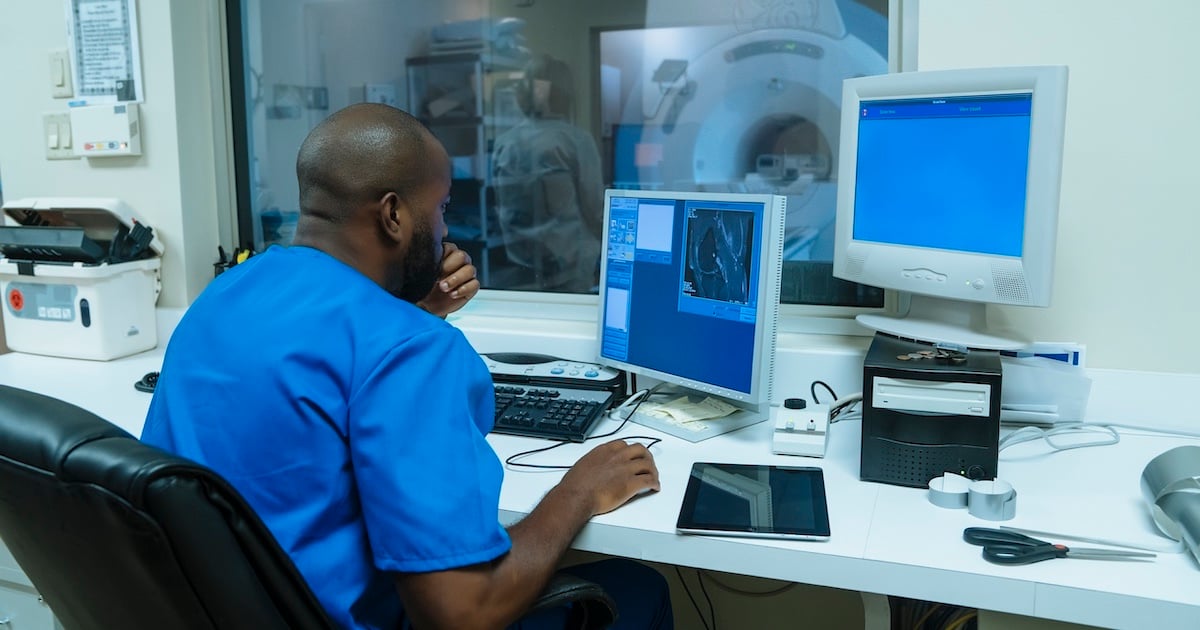Key Takeaways
- Philips has received FDA 510(k) clearance for its prostate cancer navigation technology.
- The system utilizes advanced imaging to improve biopsy precision and treatment planning.
- This innovation aims to enhance patient outcomes by minimizing complications and improving accuracy in diagnosis.
FDA Clearance for Prostate Cancer Navigation Technology
Royal Philips has announced that its prostate cancer navigation technology has obtained 510(k) clearance from the U.S. Food and Drug Administration (FDA). This approval marks a significant step forward in prostate cancer diagnosis and treatment, providing healthcare professionals with a more accurate approach to navigation during procedures.
The newly approved technology combines advanced imaging techniques with a GPS-like navigation system, facilitating real-time guidance during biopsies. It enables clinicians to identify and target cancerous tissues more effectively, thus enhancing the overall precision of biopsy procedures. As a result, this technology aims to improve treatment planning and reduce the risk of complications typically associated with prostate cancer diagnoses.
Philips emphasizes that the system is designed not only to enhance accuracy but also to streamline workflow for healthcare providers. By integrating sophisticated imaging with navigation capabilities, the technology is expected to lead to more efficient and effective outcomes in prostate cancer care. The focus on real-time imaging allows for better visualization of the prostate and surrounding tissues, assisting doctors in making well-informed decisions during interventions.
This innovative system aligns with Philips’ commitment to advancing healthcare solutions that prioritize patient safety and care quality. The clearance by the FDA is particularly significant considering the rising prevalence of prostate cancer and the need for improved diagnostic tools in oncology. As prostate cancer remains one of the most diagnosed cancers among men, such technological advancements play a crucial role in enhancing survival rates and quality of life for patients.
In conclusion, the FDA clearance for Philips’ prostate cancer navigation technology is a promising development in the field of medical imaging and diagnostics. By providing physicians with an advanced tool to navigate complex anatomical structures, this technology is set to revolutionize prostate cancer treatment modalities and potentially transform patient outcomes in the long term.
The content above is a summary. For more details, see the source article.















